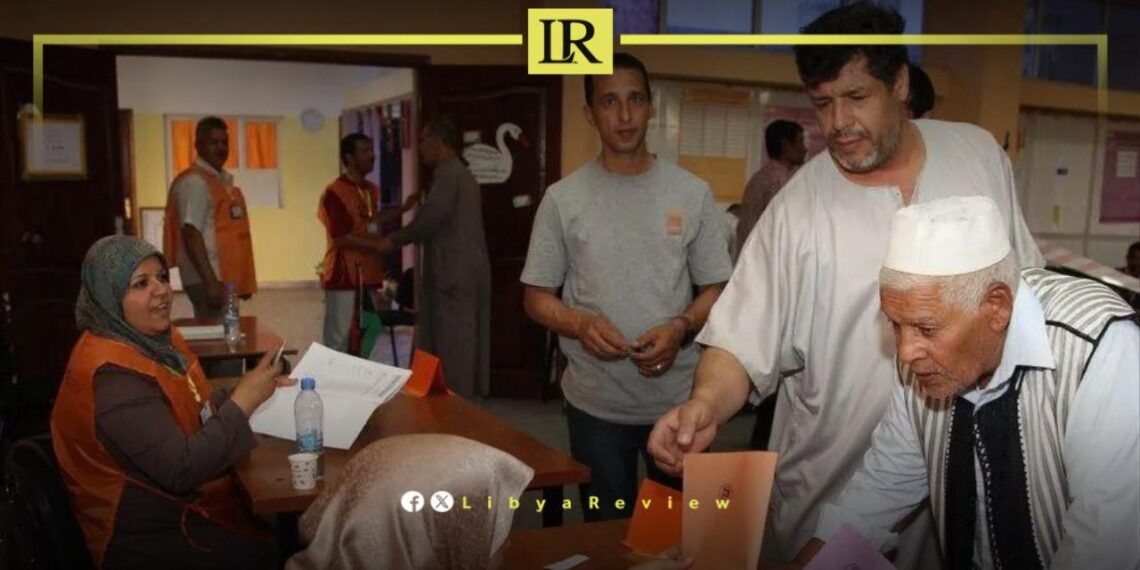The Libyan High National Elections Commission (HNEC) announced that the total number of registered voters for the municipal council elections has reached 137,869 as of Tuesday.
In its daily bulletin, HNEC detailed that the registered voters for the 60 targeted municipal councils include 103,117 men and 34,752 women.
Last week, the head of the National High Commission for Elections in Libya, Emad Al-Sayeh, held talks with Stephanie Khoury, Deputy Special Envoy of the UN Secretary-General, along with her accompanying delegation. This visit by the UN representative highlights the international community’s commitment to supporting Libya’s electoral process.
The meeting focused on preparations for the municipal council elections, set to begin on June 9. Both parties examined the positions of various political entities regarding the electoral process in general and the municipal elections specifically, assessing how these stances could impact the feasibility and success of the elections.
Additionally, they addressed challenges facing the support project managed by the United Nations Development Programme (UNDP) in Libya, emphasizing the need for urgent decisions to advance the project and support the elections.
Libya has faced significant hurdles in its journey toward stable governance since the 2011 revolution that toppled long-time leader Muammar Gaddafi. The revolution’s aftermath plunged the country into a protracted civil conflict, fragmenting Libya into competing political and military factions and severely impacting national institutions, including the electoral system.
The 2015 Libyan Political Agreement, signed in Skhirat, Morocco, aimed to unify Libya’s governance structures. However, implementation has been slow and fraught with ongoing conflict.
The Berlin Process, initiated in 2020, brought together international stakeholders to support a ceasefire and a political roadmap, including facilitating elections. Despite these efforts, achieving unified and stable governance remains challenging.
The municipal council elections are critical for re-establishing local governance and ensuring Libyan citizens have a voice in local affairs.
These elections are part of a broader strategy to decentralize power and build democratic institutions from the ground up. International support, particularly from the UN, is vital in providing the technical assistance, resources, and oversight needed for free and fair elections.


